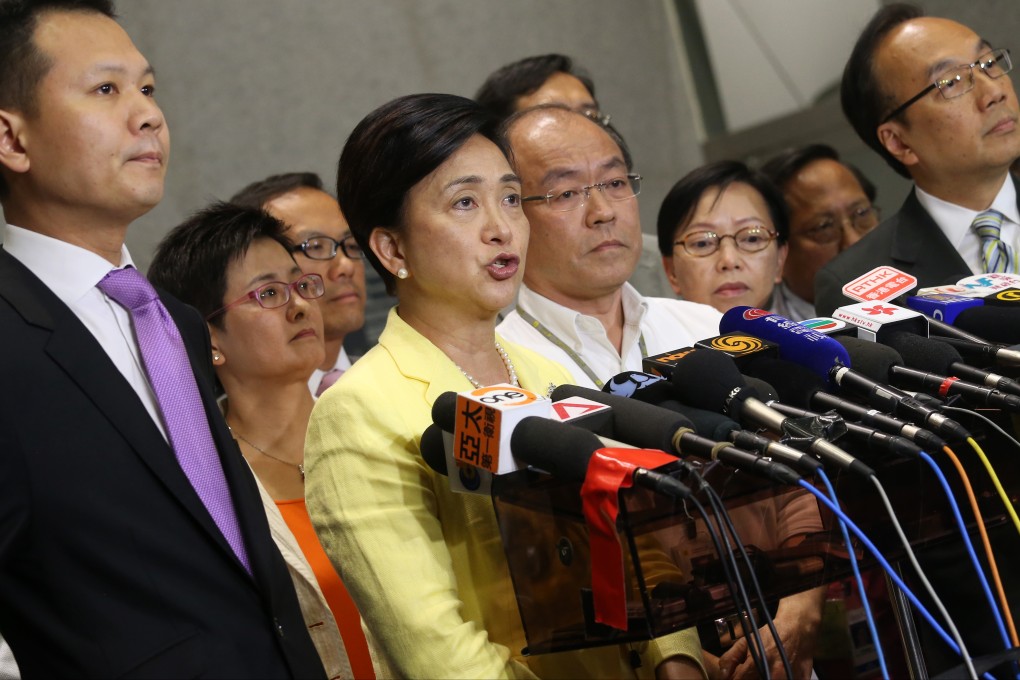Beijing's vote framework offers chance for pan-dems to prise open the system
William Case says a more democratic election has to be better than the alternative of no change

Like others, I first greeted Beijing's framework for Hong Kong's universal suffrage with abhorrence. And I applauded the pan-democrats for refusing even to consider it. No reform is better than bad reform. And this one seemed especially bad.
For example, the framework's logic resembles a loathsome royalist ideology in Thailand, wherein subjects are required to "know their place, low and high". Only then, after accepting a steep and intricate social hierarchy of sakdina, can ordinary Thais be trusted to vote. Under "Thai-style democracy", they must reliably elect "good people", those whose karma and merit please the monarchy and the military.
Similarly, under Beijing-style universal suffrage, ordinary Hongkongers must pragmatically avoid "wrong candidates", those whose insolence vexes Beijing officials and local oligarchs.
By rejecting this framework for Hong Kong, pan-democrats claim to do more than vent their indignation. By permitting the existing mechanism to reprise in 2017, they hope to sabotage it. Again, an Election Committee would produce a chief executive whose acceptance in Beijing and on the Peak varies inversely with his or her illegitimacy at the grass roots. And given the multiplier effects across consecutive disappointments, the chief executive's assumption of office would heighten public contempt, therein deepening the wellspring for democratic change.
But here, the pan-democrats err. Echoing the Umbrella Movement, they envision that if only pressure can be made sufficiently intense, Beijing will return with a sweeter deal. But of course, Beijing will not. Rather, it will wash its hands of reform, declaring that it has met its Basic Law obligations. And in the face of any resurgent pressures, Beijing will only reply with yet greater muscularity. Indeed, as democratisation theorists have long known, Hong Kong cannot become a democracy until China does - which could, of course, be never.
Accordingly, some of these theorists are amazed that the National People's Congress Standing Committee has made even the offer that it has. Let us imagine, then, what in these conditions an election for chief executive might look like. The new nominating committee, though composed of the same entitled figures who operated last in the Election Committee, would face graver uncertainty. They could be counted on, of course, to select their candidates in accord with stingy self-interest. But their control over the next step in the process would not be so airtight.